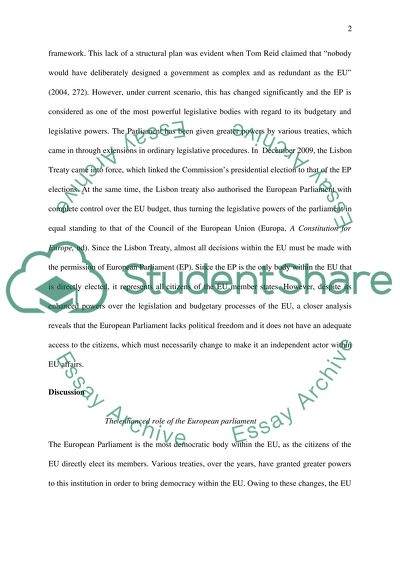Cite this document
(“European Parliament as an independent actor in EU affairs Essay”, n.d.)
European Parliament as an independent actor in EU affairs Essay. Retrieved from https://studentshare.org/politics/1490415-european-parliament-as-an-independent-actor-in-eu-affairs
European Parliament as an independent actor in EU affairs Essay. Retrieved from https://studentshare.org/politics/1490415-european-parliament-as-an-independent-actor-in-eu-affairs
(European Parliament As an Independent Actor in EU Affairs Essay)
European Parliament As an Independent Actor in EU Affairs Essay. https://studentshare.org/politics/1490415-european-parliament-as-an-independent-actor-in-eu-affairs.
European Parliament As an Independent Actor in EU Affairs Essay. https://studentshare.org/politics/1490415-european-parliament-as-an-independent-actor-in-eu-affairs.
“European Parliament As an Independent Actor in EU Affairs Essay”, n.d. https://studentshare.org/politics/1490415-european-parliament-as-an-independent-actor-in-eu-affairs.


